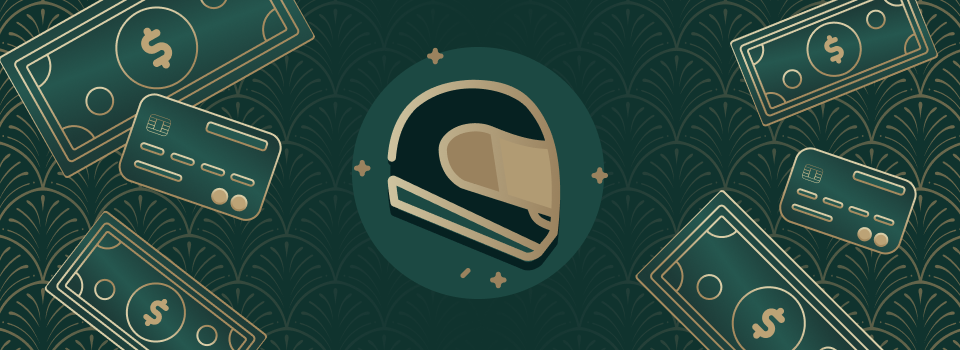Qualifying Rounds Set The Strategic Foundation
Qualifying sessions in Formula 1 aren’t just preliminary skirmishes. They’re the chessboard setup before the big game. Every lap time logged determines where a driver starts on the grid. This isn't just cosmetic, a pole position drastically improves winning odds, especially on circuits famously hard to overtake on, like Monaco or Singapore.
From a betting standpoint, qualifying performance often triggers significant odds reshaping. Bookmakers react swiftly. A faster-than-expected lap from a mid-tier team might shorten their odds for podium finishes or top 10 placements. Most retail bettors fail to track this dynamic in real-time, a rookie error.
Market Shifts Follow Qualifying Outcomes
Here's the reality: qualifying shapes both sharp and public money. Sharps see through short-term performance spikes, maybe a car benefits from an unusually cool track temperature. But casual money floods in based entirely on lap time standings. This causes mispricing across the board.
It's critical to understand how public betting affects odds. As touched on in this breakdown on public bets and odds, a surge of popular wagers creates volatility. Skilled bettors exploit this by fading public overreactions right after qualifying concludes.
Cross-Market Correlations From Grid Position
A strong qualifying performance does more than sway outright winner bets. It ripples across prop markets, like first driver to retire, fastest pit stop, and even head-to-heads. If a top car qualifies at the back due to a penalty, your betting plays should mirror that shift.
For example, let’s say Red Bull’s Verstappen qualifies P15 due to gearbox issues. Suddenly, Checo Pérez becomes more valuable in head-to-heads. Context matters: not just raw time, but why a driver under- or over-performed in Q3. That’s what separates a gambler from a tactician.
Using Qualifying to Trigger Strategic Reloads
Veteran bettors use qualifying as a checkpoint. After initial bets are placed pre-weekend, once qualifying ends, strategy is realigned. Think of it like topping off positions in DeFi after a governance vote. If value emerges, you don’t walk away, you reload.
This is where reload bonuses become functional. Instead of just rolling dice in luck-based games like dominoes, channel bonuses toward well-informed race day adjustments. Qualification gives you the sharpest pricing window, use reload offers to extend your leverage smartly.
Qualification Insights Improve Bankroll Allocation
Too many punters go all-in before qualifying data is baked in. Dangerous move. The sharper path? Use initial bankrolls to scout. Then, with official starting grids locked, that's when your edge crystallizes. Suddenly, that promoted P8 Alpine vehicle becomes a treasure trove for exotic bets.
Qualification results also inform your deposit timing. No expert flings funds at markets blindly, they synchronize movement, just like timing gas fees for ETH transactions during low congestion. Access to well-timed deposit bonuses gives you firepower precisely when probabilities become clearer.
Conclusion: Qualy Sessions Aren’t Optional Watch
If you're skipping qualifying rounds and still betting on Formula 1, you're in the dark. It’s like trading altcoins without tracking gas wars or token unlock schedules. The real alpha isn’t just in race day excitement. It’s in the dry, merciless lap times of Saturday afternoon.
Respect qualifying like you would the first 10 blocks of a Layer 1 chain, they're foundational. Qualy defines context, pricing, public behavior, and ultimately, your ROI. Treat it like fluff, and you're the exit liquidity.
/fit-in/80x80/1683214554/numa-jabara.png)
Numa is a writer who is passionate about everything that is related to gambling. With 5 years of experience in gambling industry, he finds the drive to write about it- all the way from the intricacies of gambling to the latest trends in technology.
Review Credits:
